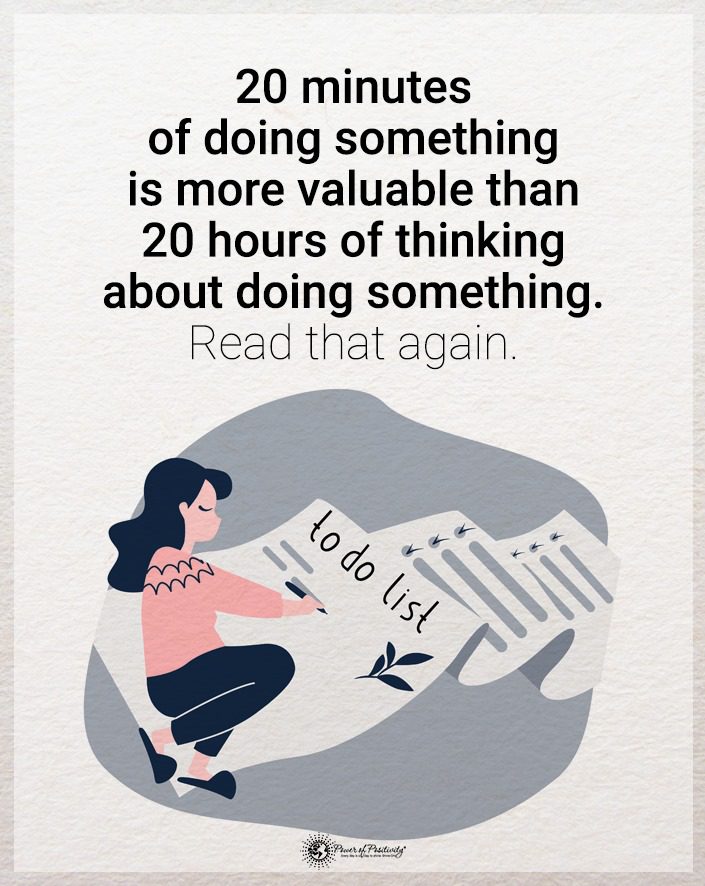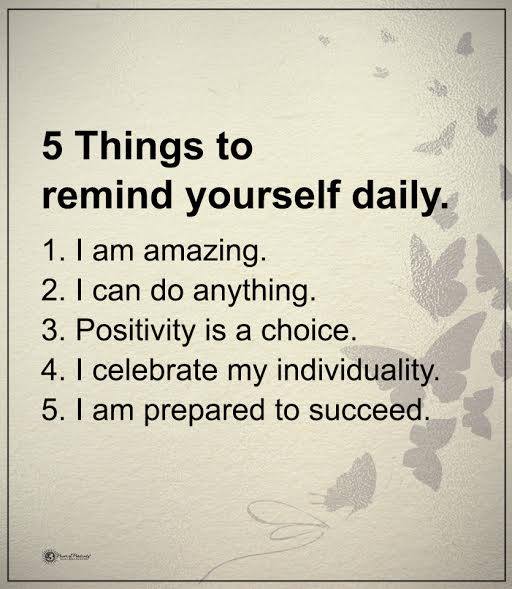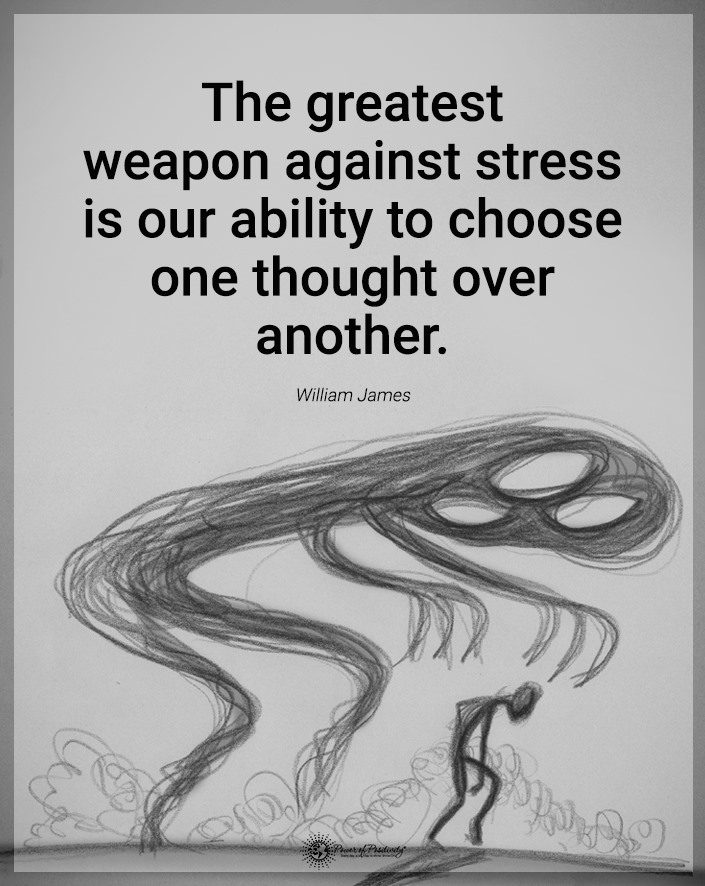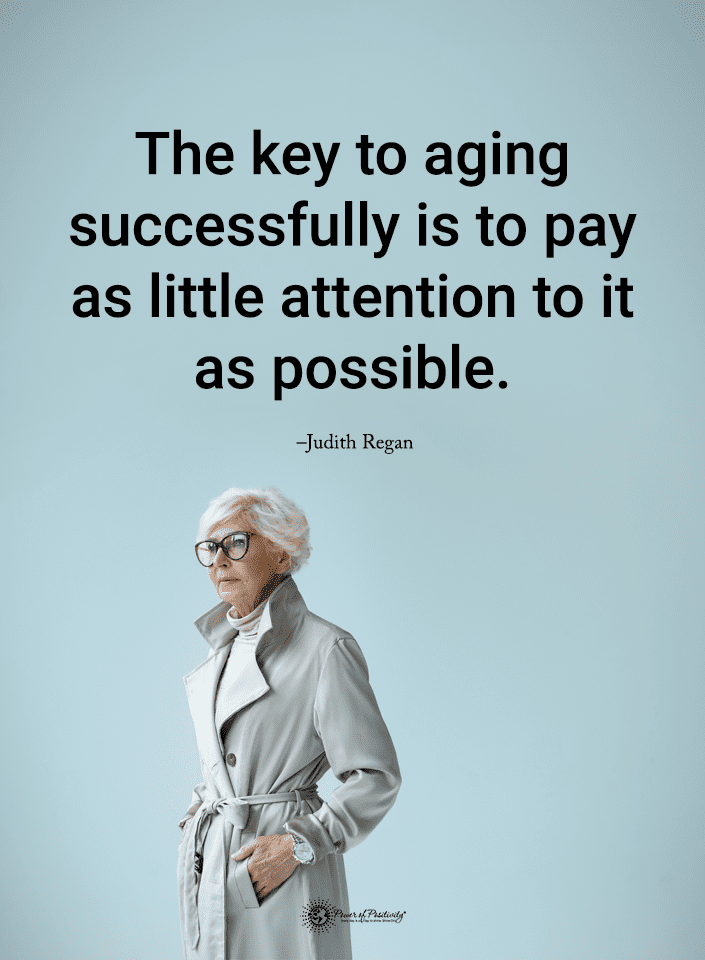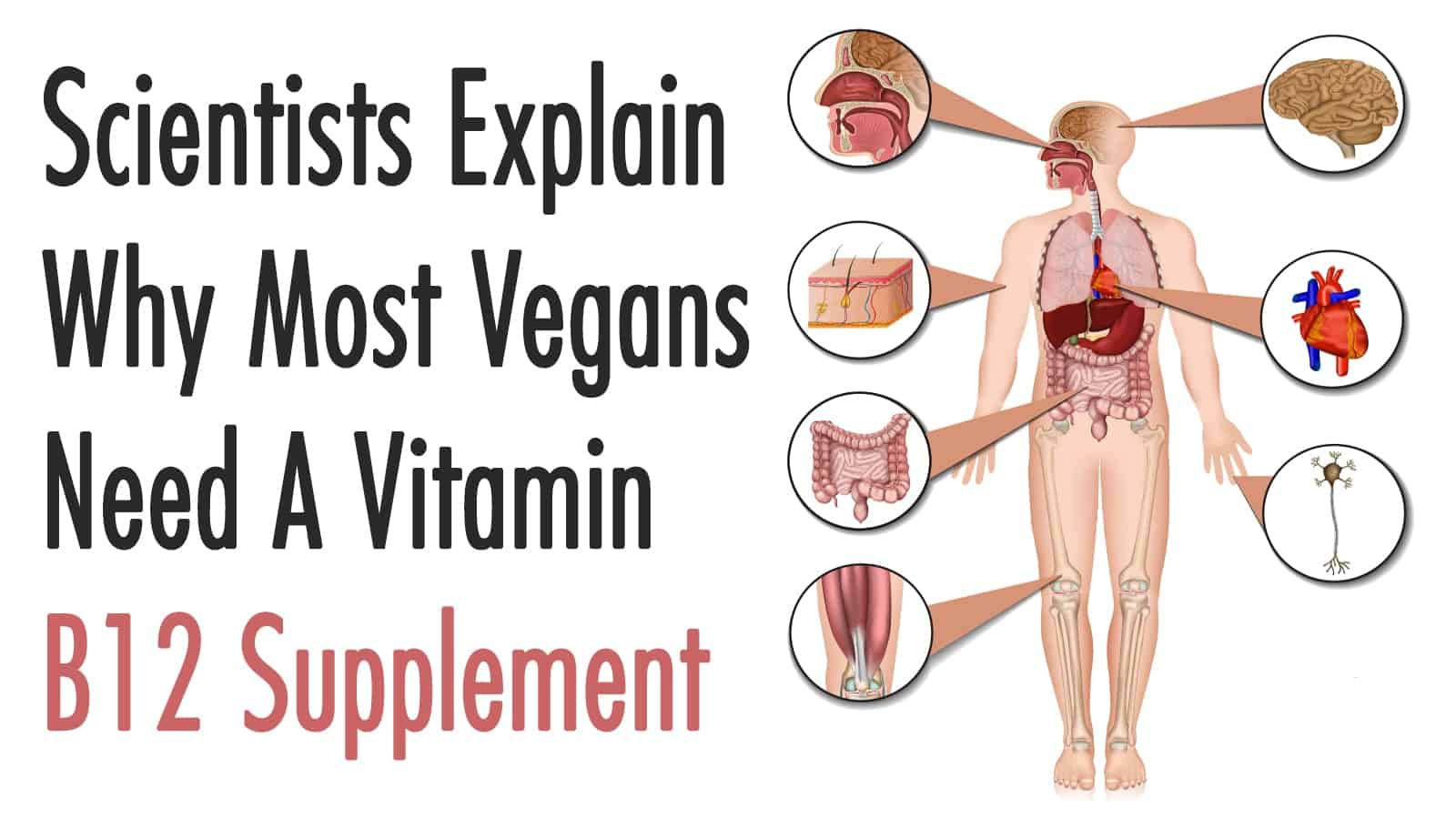The human brain is a remarkable organ; considered by many scientists to be the most complex structure in the universe. We’ve landed on the moon, created the computer, made air travel possible, and on and on. Despite all the wondrous functions and capabilities of the brain, we’re often ruled by impulses that manifest into feelings of anxiety and stress.
The brain’s limbic system, considered our “emotion center,” is thought to be among the first to develop in the human species. Most scientists believe this early development is the byproduct of evolution – a survival mechanism.
So, how do we “deal with” anxiety and stress – two inherent emotions caused by a part of the brain we all possess? This question requires a two-part answer.
(1) We’ll never eliminate anxiety and stress, as they are hardwired brain responses. While it may not feel like it, this is a good thing; the stress response is key to our survival. (2) We can and should rid ourselves of excessive anxiety and stress. We do this by (surprise!) using our brain’s “thinking” parts.
This article discusses ten proven ways of reducing our anxiety and stress levels. We hope that this information proves to be both entertaining and informative.
Let’s get goin’!
10 Ways to Deal With Stress and Anxiety
“While we cannot always choose what happens to us, we can choose our responses.” – Steven Covey
1. Choose good and positive thoughts
Learning how to think good and positive thoughts is easier said than done. Nonetheless, it can be done. A simple 15 to 20-minute deep breathing or meditative exercise can help quiet a loud mind. With practice, the brain will sense negative, unnecessary stimuli and dismiss them with expedience. A more short-term solution is to derail negative thoughts by engaging your mind in a cognitive activity.
2. Focus on the present and nothing else
We live in a world full of distractions, and this situation only appears to be getting worse. With that in mind, we have a choice: will we allow distractions to control us, or will we control the distractions? The latter requires a mindful focus on the present moment – during work, at home, or anywhere else. A gentle, mindful ease into the present situation – whatever it may be – dethrones the stress and anxiety that may take hold.
3. Be a positive example in a hostile world
To be unaffected by the negativity surrounding us is not the solution – a positive example is. What do we mean by this? Let’s use work as an example. A “negative” person sees you and proceeds to spout off about how much they hate their boss, company, job – whatever the situation may be. Instead of reacting emotionally, act calm, poised, and polite. Not only may you change the person’s perspective, you reinforce your sense of self-control.
4. Forget about comparing yourself to others
Did you know that no direct link exists between consumerism (stuff people buy) and happiness? In one study, researchers at Northwestern University observed: “We found that irrespective of personality, in situations that activate a consumer mindset, people show the same sorts of problematic patterns in (wellbeing).”
It’s not just “stuff” either; unhappiness can occur by comparing yourself to another person in any respect. Comparing yourself accomplishes nothing. Trying to better yourself, on the other hand, does.
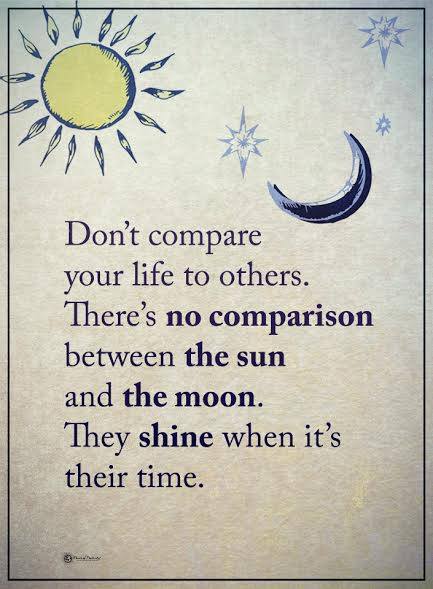
5. Unplug and detach
While we all love our smartphones (and other gadgets), they can be a major source of stress and anxiety. “Smartphones are being used more and more to help people cope with different aspects of their life. But the more they’re being used, the more we’re becoming a bit dependent upon them and courting stress instead of relieving it,” says Richard Balding, a psychologist in the psychology department at the University of Worcester, in England.
6. Simplify and declutter
Most people try to take on more things than they can handle. Instead of evaluating and focusing on what’s necessary, we tend to focus on what’s wanted. Our wants often come before needs, in other words.
There’s only one thing to say about this: it’s completely unnecessary and unhealthy!
Be present. Be mindful. Simplify – and watch your worries dissipate.
7. Break your tasks down
We all need to work, but we don’t need to be overwhelmed by it. If you have a large task ahead of you, don’t fixate yourself on the scale of it all – this saps your energy and drives before you even begin!
Take a bit of time and plan your approach using one small step at a time. Concentrate your mind on each step and forget about everything else. Your anxiety and stress levels will plummet.
8. Get some exercise – however you have to
“However you have to” is the key phrase here. The myriad of studies supporting mental and physical benefits of exercise should be the only motivation you need to get yourself going.
Here are some quick ideas: take the stairs, park further from buildings, do a set of max pushups, go for a brisk walk during breaks, do some crunches in bed. See where we’re going with this? Do something, anything involving some physical exertion. The minimum amount of time you should be aiming for is 30 minutes of exercise, three times per week. Again – it doesn’t matter how or where – it all adds up.
9. Check your sleep hygiene
There probably isn’t anything more important than quality, regular sleeping habits about minimizing anxiety and stress. Unfortunately, stress and anxiety can throw a wrench into our body’s internal clock (i.e. circadian rhythm). Good sleep hygiene involves the following:
– Abstaining from stimulants such as caffeine and nicotine close to bedtime.
– Laying off heavy, rich and spicy foods right before sleep.
– Limit daytime napping to thirty minutes or less.
– Getting adequate exposure to sunlight (natural light).
– Having a bedtime routine (shower/bath, reading a blood, light stretches, for example) at the same time every night.
– Ensuring a cool, comfortable sleeping environment.
10. Focus on responding, not controlling
As the late Steven Covey once said: “While we cannot always choose what happens to us, we can always choose our responses.”
Equipped with some of the knowledge in this article, we hope you become more present, peaceful, and positive! Remember: nobody and nothing can make you unhappy unless you permit such.

